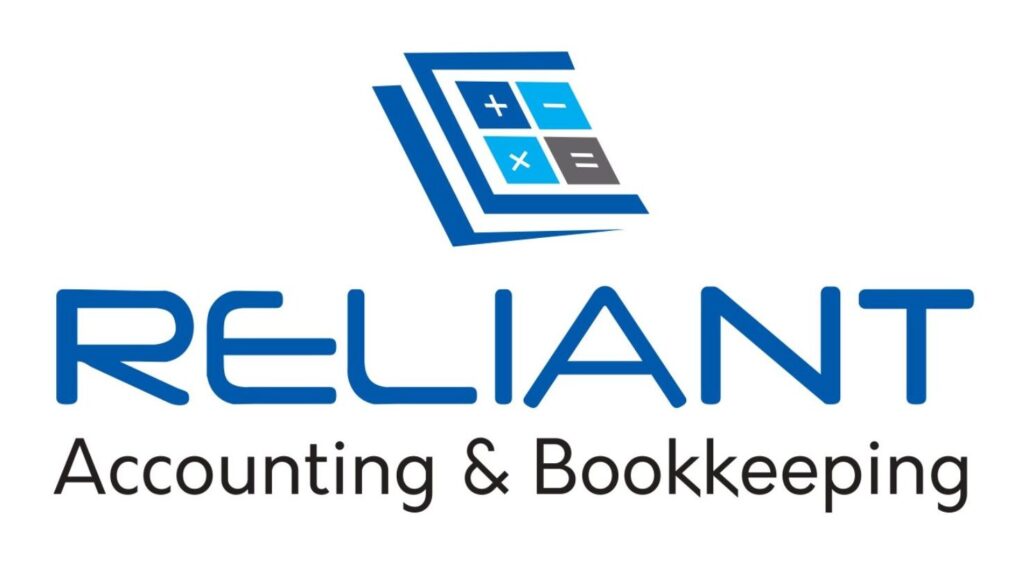Dubai is known for its business-friendly environment, world-class infrastructure, and investor-friendly tax policies. Whether you are a business owner, investor, or expatriate, understanding Dubai’s tax rules is crucial for compliance and financial planning. This guide provides an overview of the key tax regulations in Dubai and what they mean for residents and businesses.
1. No Personal Income Tax

One of the main attractions of Dubai is its zero personal income tax policy. Residents and expatriates working in Dubai do not pay income tax on their salaries, making it a highly favorable destination for professionals and entrepreneurs seeking tax efficiency.
2. Corporate Tax on Certain Businesses
Dubai has recently introduced a corporate tax, effective from June 1, 2023. Here are the key points:
Standard corporate tax rate: 9% on taxable profits exceeding AED 375,000.
Small businesses: Profits up to AED 375,000 are exempt from corporate tax.
Free zone companies: Businesses operating in Dubai’s free zones can continue to benefit from corporate tax incentives, provided they comply with specific regulations.
Multinational corporations: Companies earning over EUR 750 million in global revenue are subject to a 15% corporate tax under the OECD’s global minimum tax rules.
3. Value Added Tax (VAT)
Dubai introduced VAT on January 1, 2018, to diversify its revenue sources. The key details include:
Standard VAT rate: 5% on most goods and services.
Exempt and zero-rated goods: Certain services such as healthcare, education, and exports may be zero-rated or exempt from VAT.
VAT registration: Businesses with an annual turnover exceeding AED 375,000 must register for VAT.
4. Excise Tax on Specific Goods
Dubai imposes excise tax on products deemed harmful to health, including:
50% on carbonated drinks (excluding unflavored sparkling water)
100% on tobacco products, energy drinks, and electronic smoking devices
100% on sweetened beverages
This tax is aimed at reducing consumption and promoting public health.
5. Property-Related Taxes
While there is no annual property tax in Dubai, there are some transaction-related taxes:
Real estate transfer fee: A 4% fee on property sales, typically split between buyer and seller.
Rental tax: Residential properties are subject to a 5% municipality tax (paid by tenants), while commercial properties have a 10% tax.
6. Customs Duties
Dubai imposes a standard 5% customs duty on most imported goods. However, businesses in free zones are generally exempt from these duties if they do not trade within the UAE mainland.
7. Economic Substance Regulations (ESR) & Anti-Money Laundering (AML) Compliance
Dubai adheres to international regulations to prevent tax evasion and money laundering. Businesses must:
Demonstrate sufficient economic substance for activities like banking, insurance, and shipping.
Comply with AML laws, including proper financial reporting and due diligence.
Final Thoughts
Dubai’s tax system remains one of the most attractive globally due to its low taxation policies. However, with the introduction of corporate tax and increasing regulations, businesses and individuals must stay compliant to avoid penalties. Consulting a tax expert or accountant can help ensure proper compliance and efficient tax planning.
For expert tax guidance, Reliant Accounting Services can assist you in navigating Dubai’s evolving tax landscape. Contact us today for professional advice tailored to your business needs!



